Andy Farley on stressors affecting mental health among kids
Brookfield East High School Principal Andy Farley considers internal and external factors raising stress levels in children and how learning and support at school can address mental health struggles.
By Steven Potter | Here & Now
December 13, 2023
VIDEO TRANSCRIPT
Steven Potter:
So kids are struggling with depression, with anxiety. How did we get to this point?
Andy Farley:
I think there's a lot of stressors on kids that when I was growing up, you just didn't have, I think there's a couple of reasons. I think sometimes internal pressures, I think sometimes external pressures. I think we'd be remiss if we didn't talk about the impact of social media and how that affects the mental health of kids, always being connected or always feeling the need to be connected or always on, if you will, and sort of never distancing yourself. I think the importance of being in the moment and being present and being where your feet are, sometimes social media and technology can be a threat to that.
Steven Potter:
Are there other things, you said external stressors that are affecting kids aside from social media, things going on in the world?
Andy Farley:
Sure. Global situations is a changing global environment and climate. Anytime you turn on the news, it's a changing environment and you can be hooked into that 24/7, 365, and that can certainly create pressure. I think pressures in local communities, the fear of missing out. There's so many options available to kids these days that sometimes when you pick this and not this, that you're missing out or potentially missing out on an opportunity. So we really coach and teach kids to pick one or two or three clubs, activities, sports that they're most passionate about and not necessarily worry about in a comprehensive resume that shows, you know, touch points in 10 to 15 different opportunities, but three to four or two to three that you're really passionate about. You're working with peers that have those same passions and interests and you're really living what you want that experience to be.
Steven Potter:
When students do have mental health challenges and struggles, how do they come about? How do they show themselves?
Andy Farley:
It's a great question. I think so often when we talk mental health, we talk about the reactive side, right? When students are, or adults for that matter, are in crisis, how do you meet that crisis in the moment? And one of the beauties of the Hope Squad and here at Brookfield East and Brookfield Central is they're trying to, and I say they because it's our kids, their student leaders and our adult supporters, they're trying to reframe wellness to be comprehensive wellness and really the proactive piece. So they've built a wellness framework that I look at every single morning as a high school principal that I just love, the importance of community and positive peer relationships and teams that you feel connected to authentically and you can be your best self within. Think about the wellness piece. Did you sleep eight hours a day? Our wellness challenge that our Hope Squad gives to our entire school revolves around sleep from time to time. And think about the important piece of that. Think about community. I mentioned positive peer relationships, but what teams or clubs are you connected to? The importance of that relationship between teachers and students is something that we really prioritize here at East and Elmbrook. Think about eating and hydration and nutrition. So some of all those pieces of wellness that we know are important. Our kids have done a great job of elevating the importance of all of those. And then to your question, when kids are in need, our HOPE Squad does an amazing job of recognizing signs of need when students are either in crisis or experiencing signs of need of support, their ability to recognize through their training, and then connect them to adults and resources that can provide those immediate resources to not only the student but the family, to make sure we're wrapping around a student that's in most need of support.
 Passport
Passport





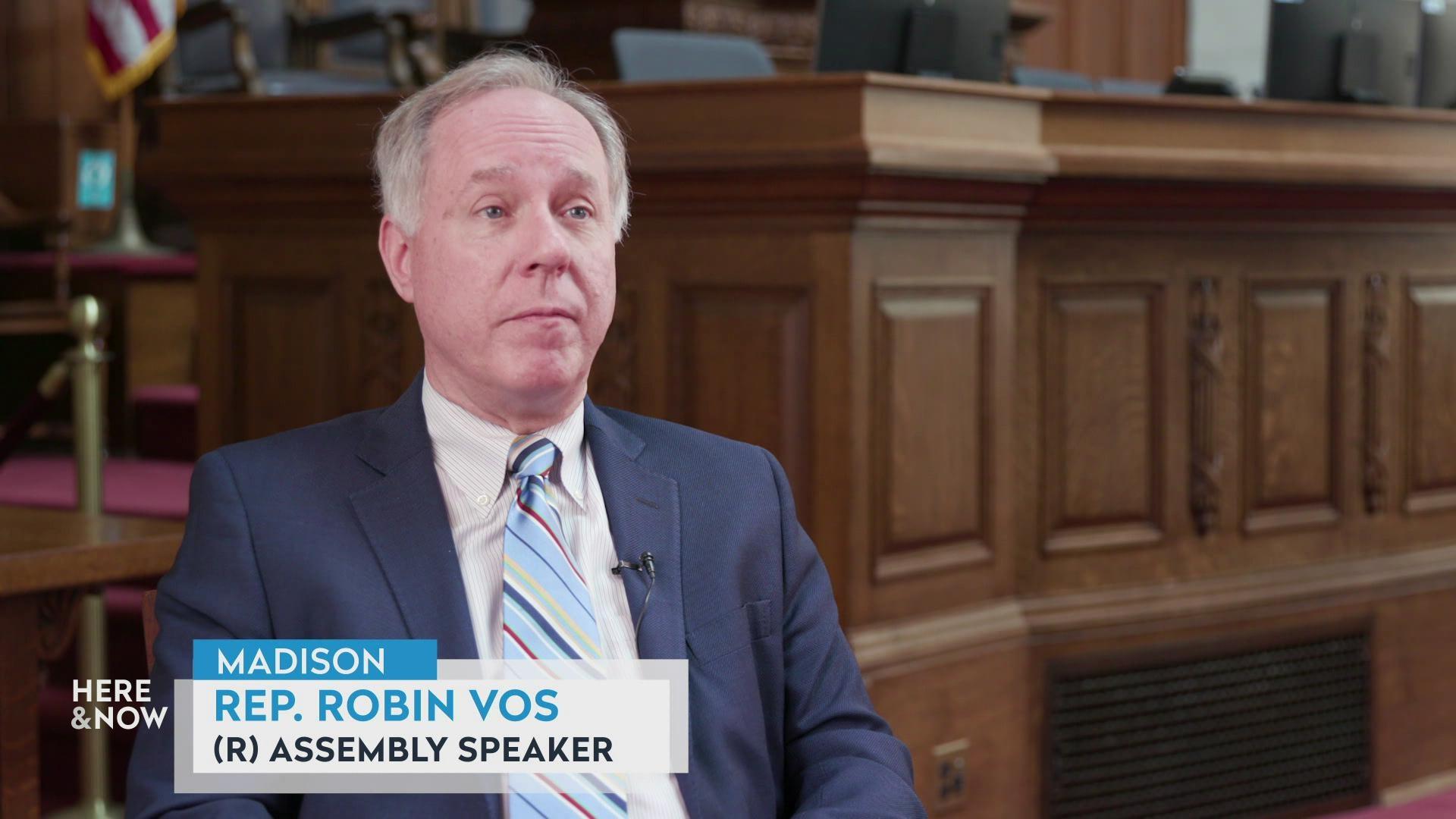
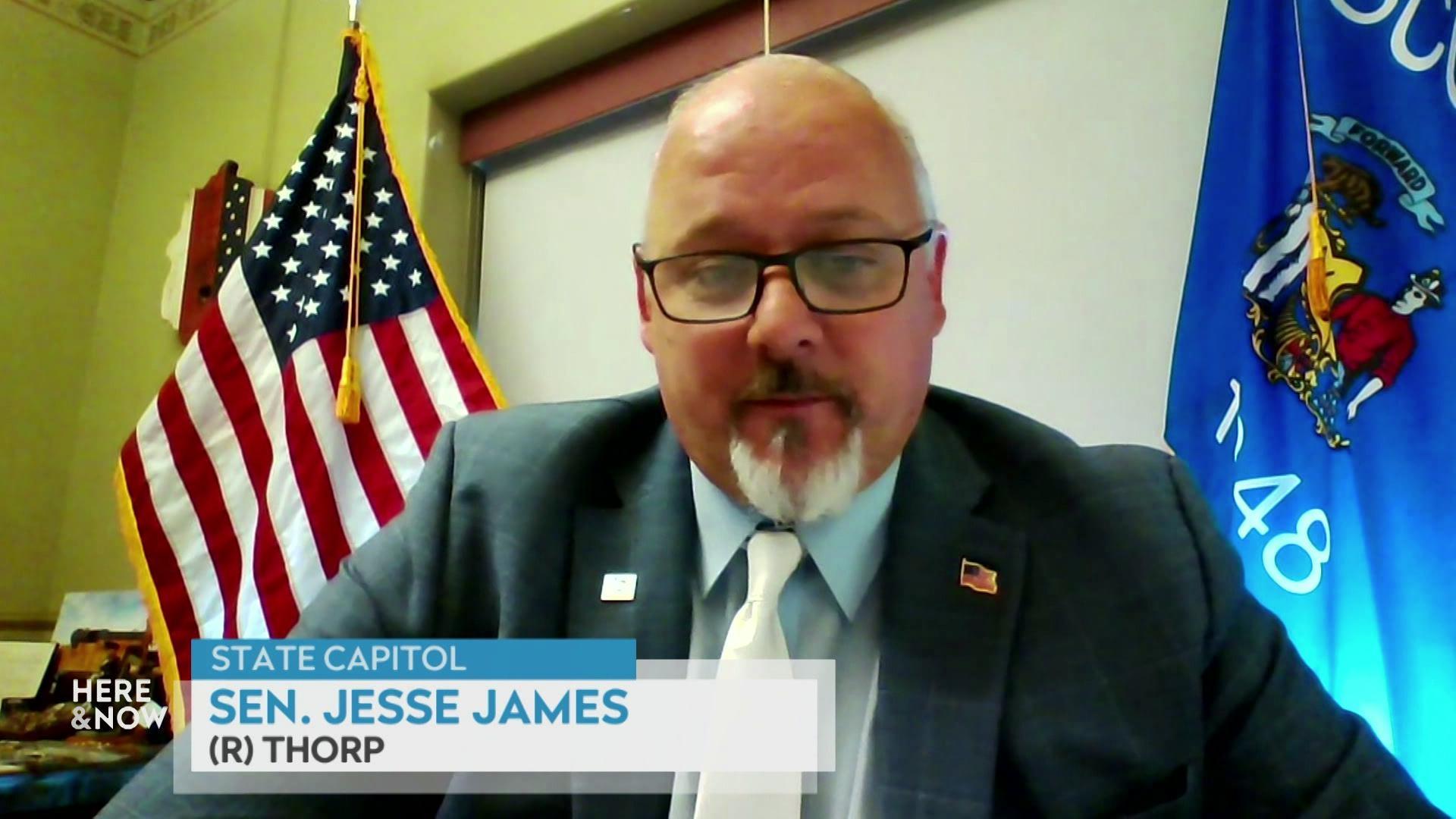
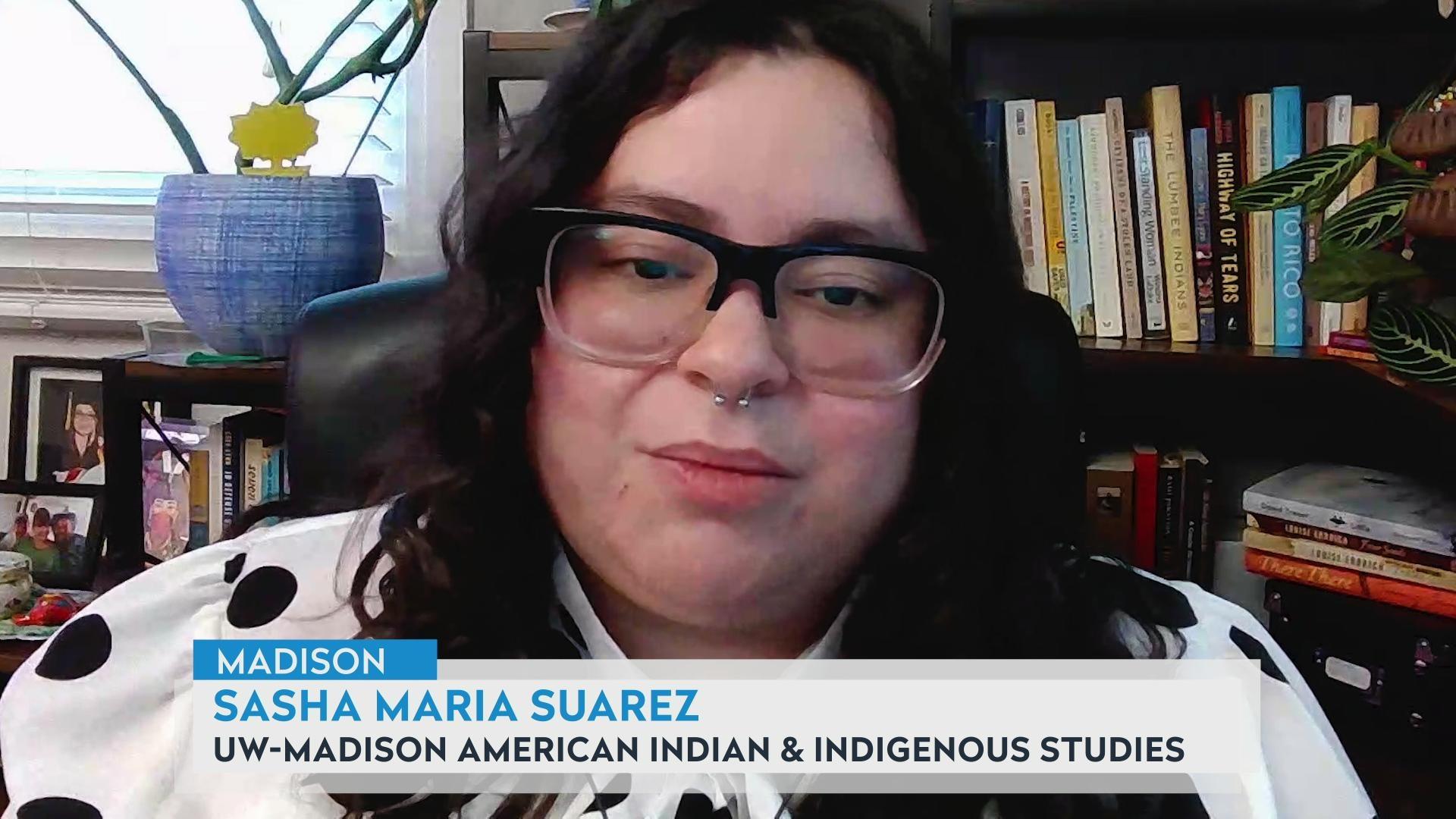
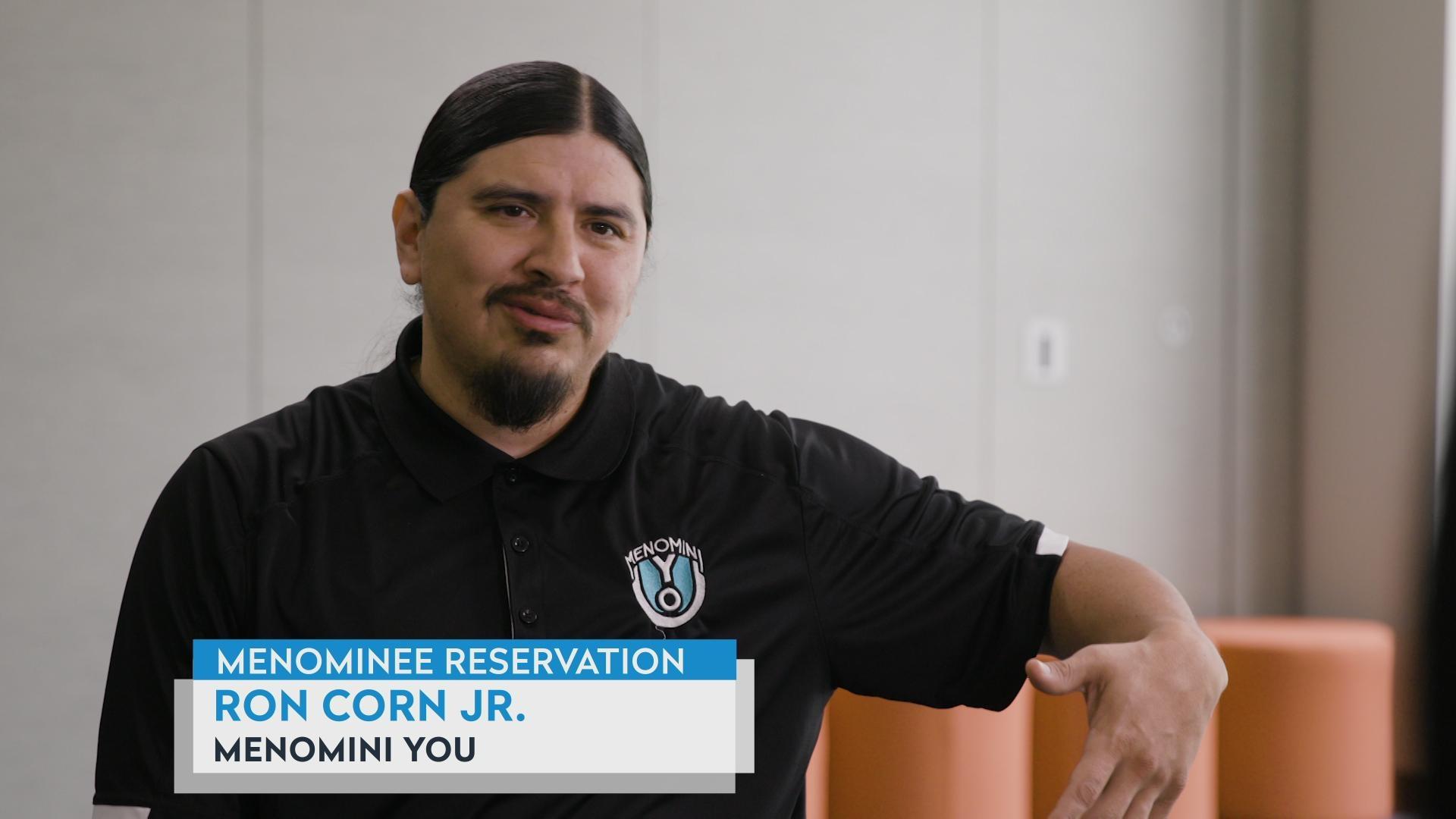
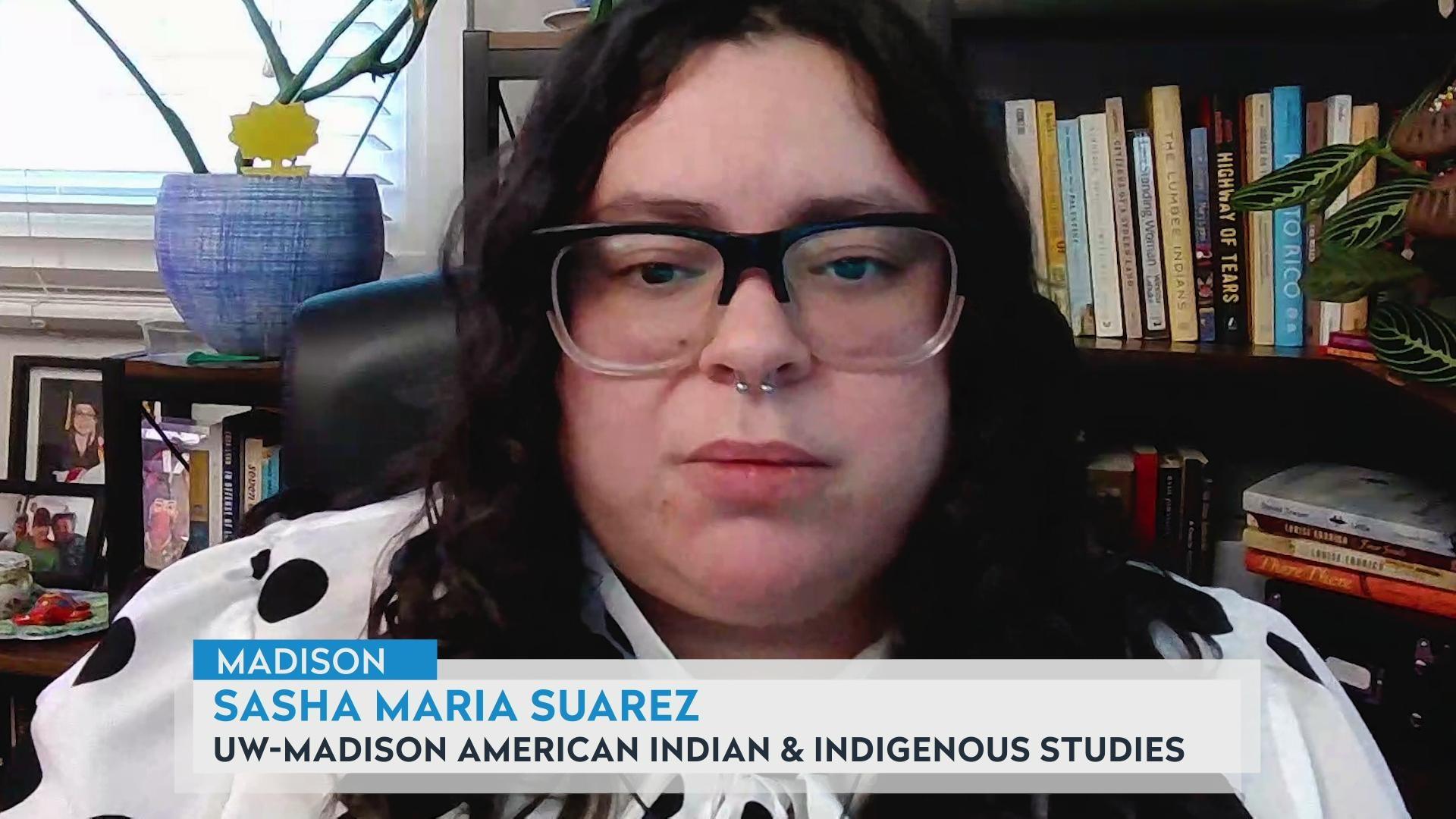

Follow Us